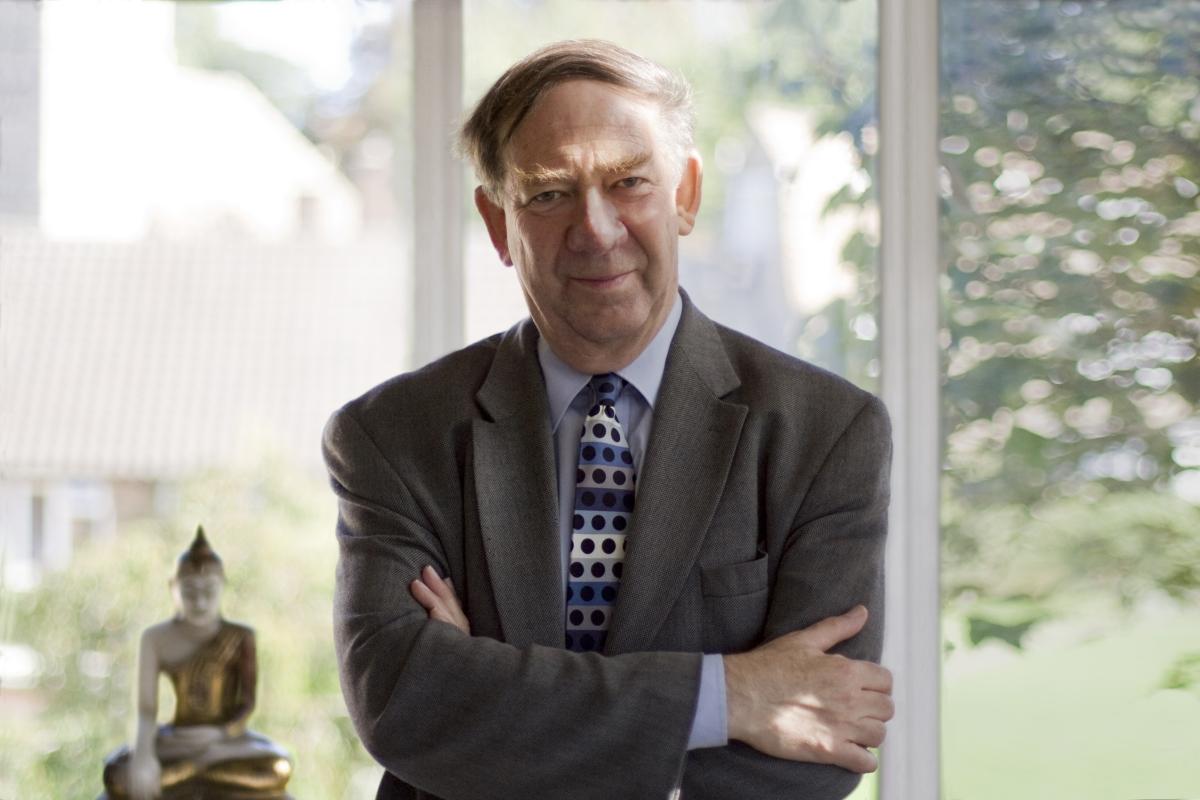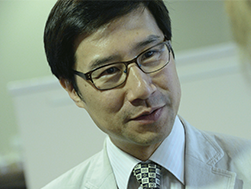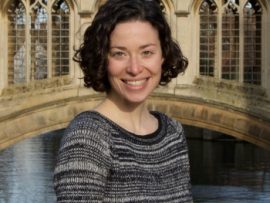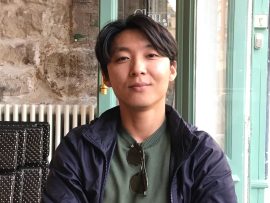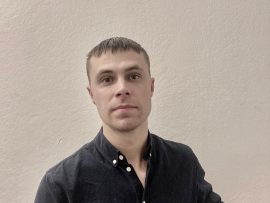Dr Robert G. W. Anderson
Dr Anderson came to Clare Hall as an Official Fellow in 2006, having spent most of his career working in national museums, initially as a curator, and latterly as director, first of the National Museums of Scotland (1984–92) and then of the British Museum (1992–2002).
In the period between these posts, he spent a year at the Institute for Advanced Study at Princeton, and then held a Leverhulme Fellowship. After arriving in Cambridge, Dr Anderson held Visiting Fellowships at CRASSH and Corpus Christi College.
Throughout all this, he continued to research the history of early scientific instruments and the history of chemistry. He was President of the British Society for the History of Science from 1989 to 1991 and is currently Chairman of the Society for the History of Alchemy and Chemistry. He won the American Chemical Society’s Dexter Award in 1986.
Dr Anderson’s current work is mainly focused on chemistry in late eighteenth-century Scotland, which was the acknowledged centre of excellence at the time. In 2012 he published the complete correspondence of Joseph Black (1728–99), a key figure who was the first to describe the properties of carbon dioxide. In 2015, he edited a series of essays describing aspects of the first century of chemistry teaching at Edinburgh University. His interests run much more widely than this. He has written some papers on the history of museums and is particularly interested in the widening interests of the working class in material culture in the nineteenth century. Many aspects are linked to the development of Mechanics Institutes and subscription libraries, and he is currently the President of the Association of Independent Libraries.
Between 2009 and 2013 Dr Anderson was Vice-President of Clare Hall and was chairman of a committee which arranged events to celebrate the 50th anniversary of the College in 2016.
Dr Anderson is currently the President of the Science History Institute, Philadelphia, USA, and Chair of the Music Committee here at Clare Hall.
